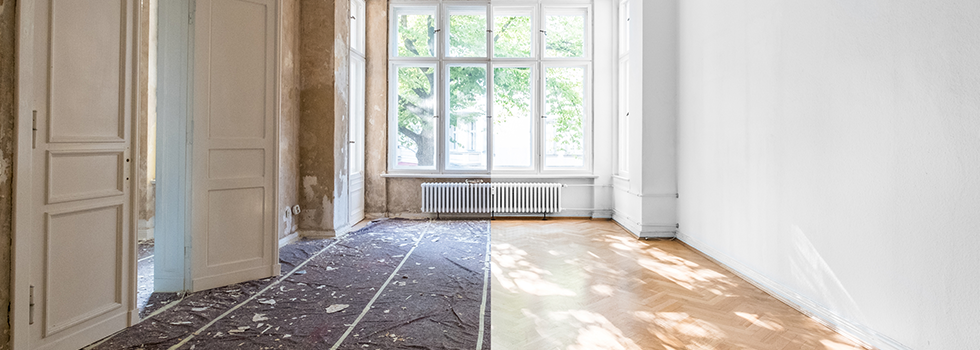
Is Your Property Fit for Human Habitation?
The Ministry of Housing, Communities and Local Government have published guidance for tenants, landlords and local authorities on the Homes (Fitness for Human Habitation) Act 2018 - or as they call it, 'the Homes Act'. The Homes Act comes into force from 20 March 2019. There are separate guidance documents for tenants and landlords.
The Homes Act requires landlords to ensure that they are meeting their existing responsibilities with regards to property standards and safety. All landlords must ensure that their properties are fit for human habitation. The Act provides an additional means for tenants to seek redress by giving them the power to hold their landlord to account.
The government expects standards to improve as tenants will be empowered to take action against their landlord where they fail to adequately maintain their property. This will level the playing field for the vast majority of good landlords who are already maintaining homes fit for human habitation, by ensuring that they are not undercut by landlords who knowingly flout their responsibilities.
Where a landlord fails to make sure that their property is free of hazards which are so serious that the dwelling is not reasonably suitable for occupation, the tenant has the right to take action in the courts for breach of contract on the grounds that the property is unfit for human habitation.
Once the Act comes into force on 20 March 2019, landlords with properties let on existing tenancies have 12 months to comply. For any new tenancies that start or renew on or after 20 March 2019, the Act will apply immediately.
The landlord will not be required to remedy unfitness when:
If a landlord fails to comply with the Act, tenants may have the right to take court action for breach of contract. The remedies available to the tenant are an order by the court requiring the landlord to take action to reduce or remove the hazard, and/or damages to compensate them for having to live in a property which was not fit for human habitation
If the tenant seeks redress through the courts, this does not stop their local authority from using its enforcement powers. Local authorities have a range of powers which allow them to tackle poor and illegal practices by landlords and letting agents.
Here is a link to the landlord guidance: click here to get your copy

Disclaimer - all information in this article was correct at time of publishing.
